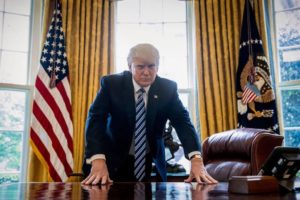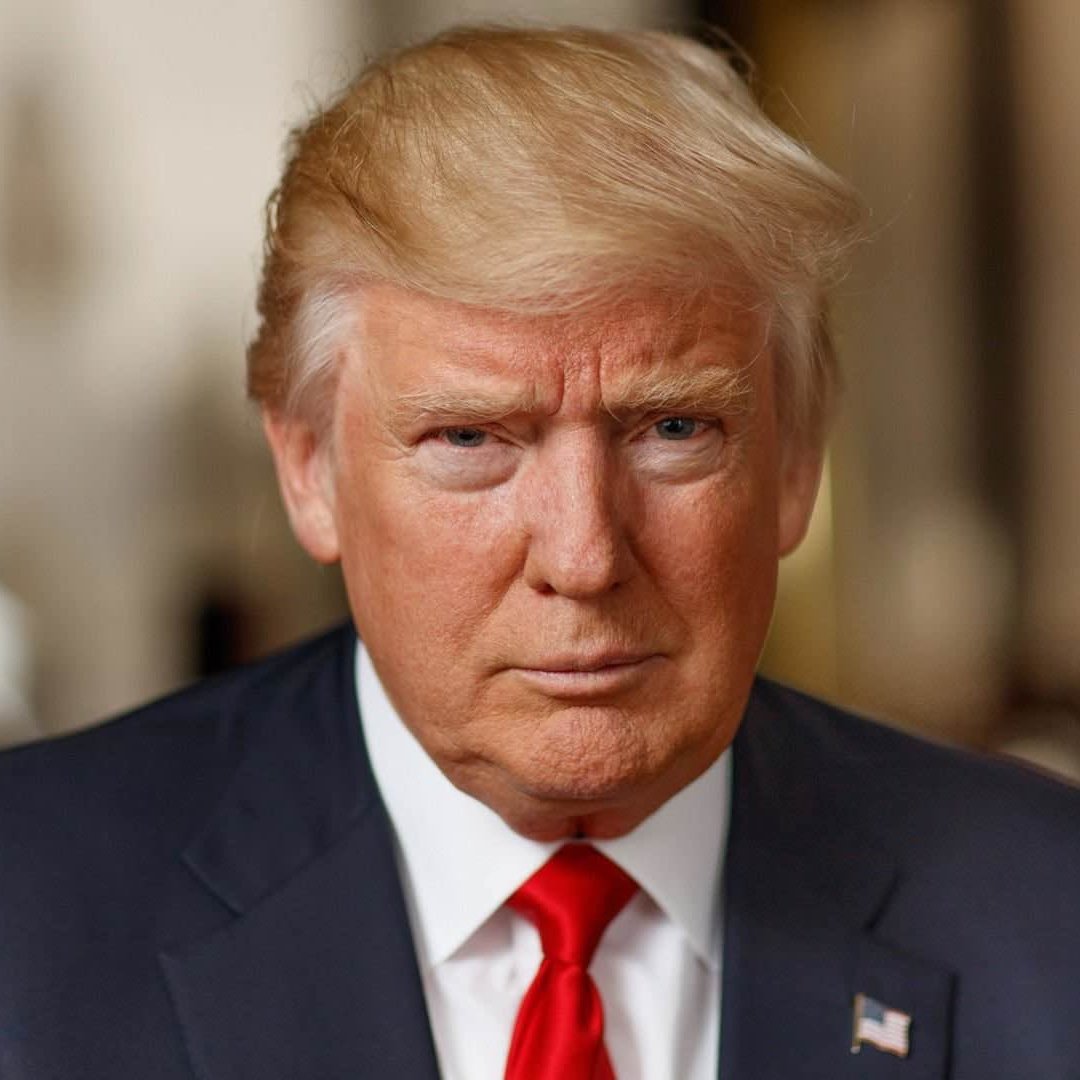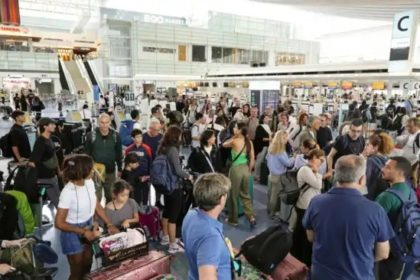
By Adeyemi Adekunle
It was a morning like any other in Johannesburg when Mary, a frontline health worker, prepared to head to the clinic where she had spent years treating HIV patients. But as she reached for her uniform, a message from her supervisor changed everything.
“Stop work immediately. All USAID-funded operations are on hold.”
Mary, who had dedicated her life to serving her community, was now caught in the middle of a sweeping decision made thousands of miles away in Washington. Across Africa, Latin America, and war-ravaged regions like Gaza and Ukraine, similar messages rippled through aid networks, leaving millions of beneficiaries and humanitarian workers in limbo.
With a single executive order, President Donald Trump had frozen nearly all U.S. foreign development assistance for 90 days, citing the need to reassess spending under his “America First” policy.
For aid recipients, the decision was more than just a bureaucratic shift—it was a potential death sentence. In Kenya, where USAID provides antiretroviral drugs to nearly 1.5 million people living with HIV, doctors scrambled to reassure patients that supplies would continue—at least for now. But the uncertainty was already fueling panic.
“If this freeze is prolonged, we will see treatment interruptions,” warned Dr. Esther Kamau, a physician at Nairobi’s Kenyatta National Hospital. “People will develop resistance, and we could see a surge in AIDS-related deaths.”
In South Sudan, where ongoing conflict has displaced millions, USAID-funded food assistance keeps entire communities from starvation. But with the funding pause, shipments of grain and medical supplies were halted, raising fears of a humanitarian catastrophe.
“We were expecting food rations this week, but now we don’t know when—or if—they will arrive,” said Ajak Deng, a refugee in Juba. “My children are already weak from malnutrition.”
While the Trump administration has allowed exemptions for life-saving aid such as emergency food and medicine, the lack of clarity over which programs qualify has left many organizations in the dark.
The aid freeze follows a pattern seen in Trump’s first term when he cut funding to global health initiatives, withdrew from the World Health Organization, and slashed foreign assistance to countries that failed to align with his administration’s priorities.
Secretary of State Marco Rubio defended the latest decision, stating, “The U.S. will no longer blindly dole out money with no return for American taxpayers. We are reviewing every dollar to ensure it serves American interests.”
The administration’s position has drawn sharp criticism from human rights organizations and global health experts who argue that aid should not be weaponized for political purposes. “This is not just about efficiency,” said Nicole Widdersheim, deputy Washington director at Human Rights Watch. “It’s about reshaping foreign assistance to fit an ideological agenda—one that deprioritizes gender programs, democracy-building, and development aid in favor of military assistance and economic nationalism.”
Indeed, the freeze notably spares military aid to allies like Israel and Egypt while pausing funding for humanitarian initiatives, raising questions about the administration’s true priorities. Beyond immediate humanitarian concerns, analysts warn that the freeze could have far-reaching geopolitical consequences.
In Ukraine, where the U.S. is the largest single provider of macroeconomic assistance, the pause threatens to disrupt efforts to sustain the country’s economy amid Russia’s ongoing invasion.
“Ukraine relies on U.S. assistance to maintain government functions, pay salaries, and provide basic services,” said Esther Brimmer, a senior fellow at the Council on Foreign Relations. “Halting this support, even temporarily, could weaken Ukraine’s resilience against Russian aggression.”
Similarly, in Latin America, where U.S. funding supports anti-corruption programs and economic development, the freeze could embolden authoritarian regimes. “When the U.S. steps back, China and Russia step in,” said political analyst Juan Carlos Ramirez. “This move sends a message that Washington is less interested in fostering stability in the region.”
Critics argue that beyond the tangible consequences, the aid freeze damages America’s standing as a global leader in humanitarian assistance. Stephane Dujarric, spokesperson for the U.N. secretary-general, called for additional exemptions, warning that the pause undermines critical programs for the world’s most vulnerable populations.
“We must remember that foreign assistance is not just charity,” said Richard Gowan, U.N. director at the International Crisis Group. “It’s an investment in global stability, economic partnerships, and America’s soft power.”
Historically, U.S. aid has been a strategic tool in diplomacy, fostering alliances and countering the influence of adversarial nations. The abrupt freeze, experts say, risks eroding decades of goodwill. “Once trust is lost, it’s hard to regain,” said former USAID administrator Gayle Smith.
“Governments and NGOs that relied on U.S. support may look elsewhere—perhaps to China, which has been expanding its global aid footprint aggressively.”
As policymakers debate the long-term implications, those on the ground are grappling with the immediate fallout. In Johannesburg, Mary sat outside her now-empty clinic, thinking of the patients who would arrive the next day, unaware that services had been suspended.
“I took an oath to do no harm,” she said, shaking her head. “But now, I am forced to turn people away. How do I explain to a mother that her child won’t get the medicine they need?”
For millions like Mary—whether they are doctors, aid workers, or beneficiaries—the U.S. aid freeze is not an abstract policy decision. It is a crisis unfolding in real-time, with lives hanging in the balance. As the world watches, the question remains: Will Washington reconsider before irreversible harm is done?




